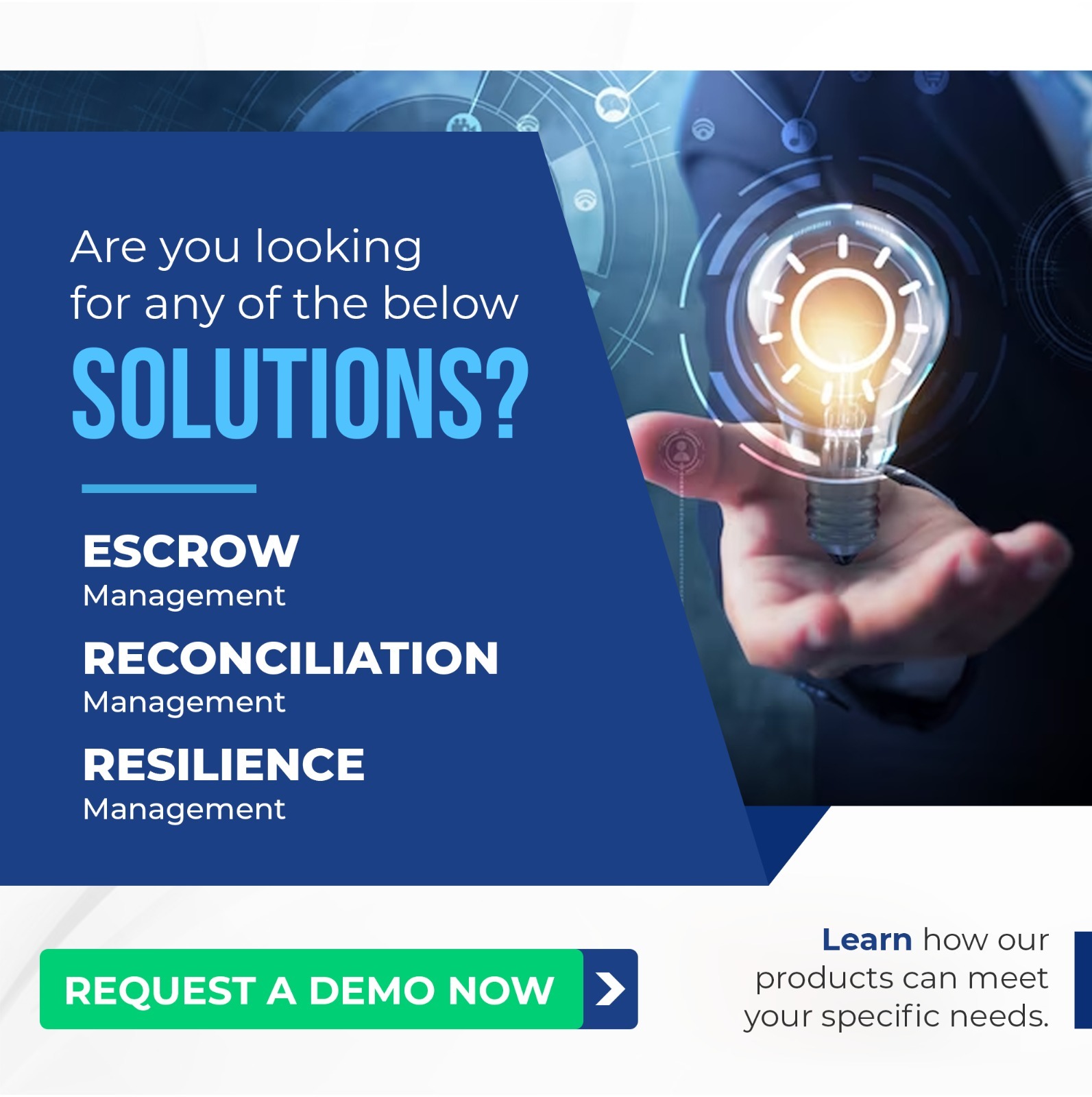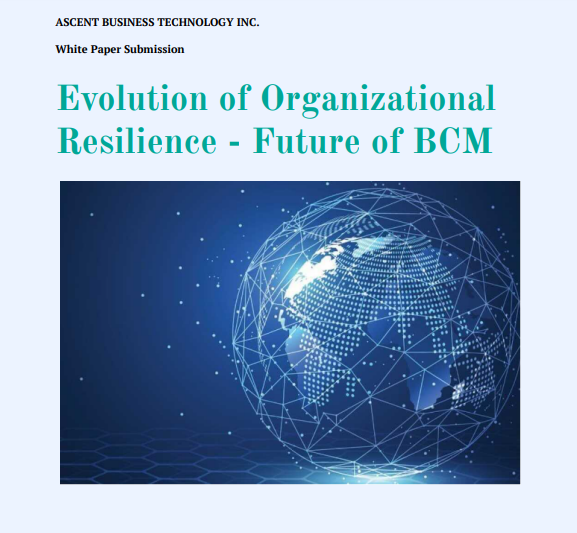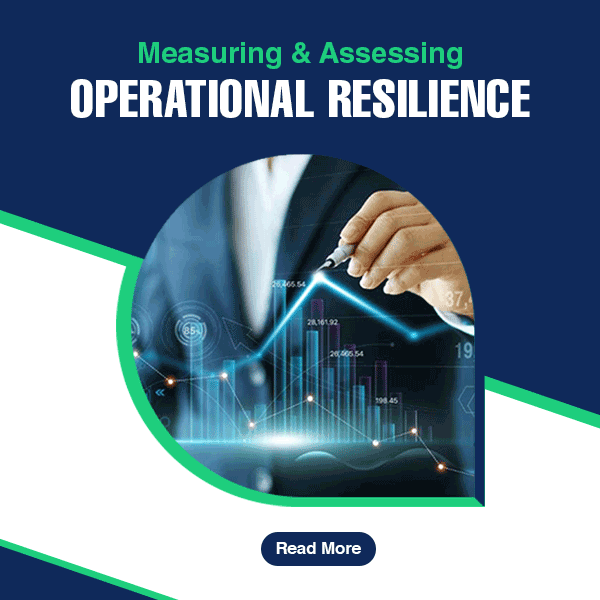Reconciliation is a process of comparing two related sets of records or two accounts at the end of an accounting period. This is a critical accounting process for identifying accounting disparities, fraud, and other serious bookkeeping issues. Therefore, it is critical to shift from Spreadsheets to AI.
Regular reconciliations rectify issues like data redundancies, omissions, and errors in the amount other than pinpointing unauthorized transfers and withdrawals. The responsible for reconciling the accounts should report any discrepancies and make appropriate adjustments to balance both accounts.
The process of Reconciliation differs depending on the account type, business industries, and the volume of data that needs to reconcile. Different types of reconciliation are available in the industry, such as bank reconciliation, credit card reconciliation, positions reconciliation, balance sheet reconciliation, suspense account reconciliation, etc.
Depending upon the volume of data to be reconciled, businesses use various methods of reconciliation. However, it also depends on its complexity and frequency. Tools like spreadsheets are the most common way of handling the reconciliation along with accounting software and Robotic Process Automation.
Across industries, time-consuming and complex reconciliation processes are now handled in Spreadsheets with the help of modern technologies such as AI and machine learning.
Over time, here is how the modern reconciliation process has evolved from spreadsheet to the use of cutting-edge solutions
Spreadsheet, a past way of doing Reconciliation
The most widely used tool for Reconciliation is spreadsheets. While these may work well for small organizations where the data volume is low, they may be unreliable in case of ever-increasing breadth and depth of data reconciliations.
Spreadsheets work well for data analysis, and recurring calculations, although it has some major disadvantages while working for an end-to-end reconciliation process.
- Difficult to keep track: Document version history may not always help for auditing purposes, and key document changes may go untracked.
- Lack of Flexibility: It is difficult to handle the high volume of data in spreadsheets
- Manual Process: In this case, input data from various sources is entered manually. This is a bulky, time-consuming job and is prone to numerous errors
- Data Loss: Handling data manually generates a possibility of losing data.
- No cross integration: Cannot be integrated with other systems
Partial Automation: Rules-based Solutions
There are many accounting software suites or standalone reconciliation tools available for large-scale reconciliations. While it may be true that Systems like ERP can integrate these solutions well and automate a large number of reconciliation processes with pre-defined rules, thereby reducing the possibility of manual errors for businesses.
But here is a downside to these solutions:
- Handling multiple data sources and fields may require a large amount of work.
- Rules-based record matching may not always work with complicated calculations.
- Inability to handle Exceptions: Rules-based Solutions can handle matching efficiently, but exception management is still difficult and expensive. Many organizations are finding it strenuous to resolve breaks on time and meet compliance standards.
AI-based Reconciliation Solutions, a smart way of handlining reconciliations
Ai-Based Reconciliation Solutions as a smart way of handlining reconciliations. from Spreadsheets to AI it is easy. However, AI and machine learning are revolutionizing the way businesses are managing end-to-end reconciliation processes. As a result, Modern technology solutions such as Ascent AutoRecon, a first-in-industry, readily configurable, AI-enabled solution provide clients with 99% reconciliation in real-time. It helps financial services to increase productivity and value in the reconciliation process.
The next-generation software solution AutoRecon offers:
- Highly Scalable: Effortless handling of colossal workloads – millions of transactions/hours from Spreadsheets to AI
- Extremely Flexible: Matching Rule engine for tackling complex workflows in approvals and audits logs
- Rich Management Dashboard: Wealth of information with analytics and dispute aging analysis
- End-to-End Claims Management: Disputes lifecycle – from initial entry to final resolution
- Complete Automation: Real-time integration of multiple data sources and full visibility (end-state of each transaction)
- To that end, available in SaaS and on-premise
To know more about our solution, visit our product page and schedule a demo here!













